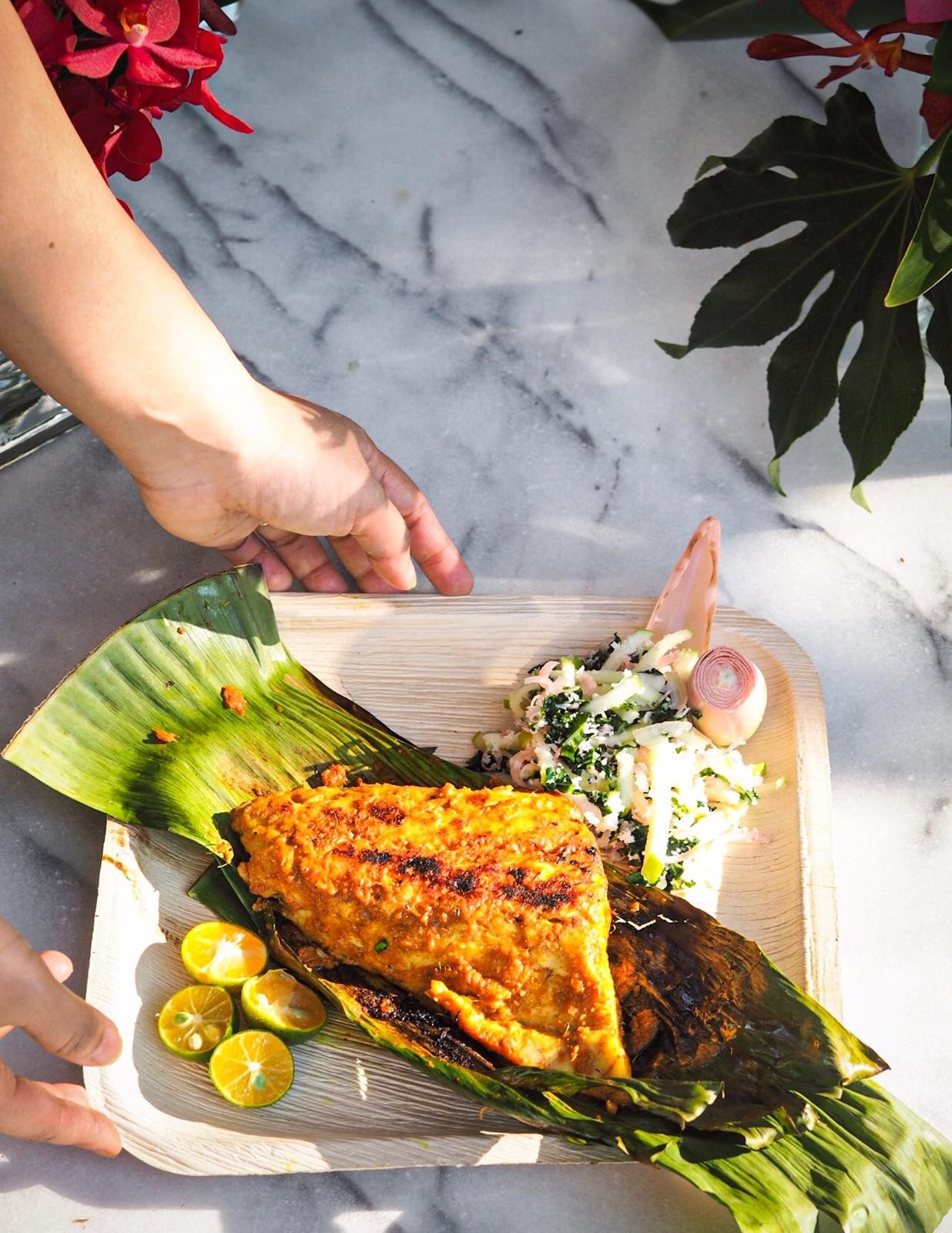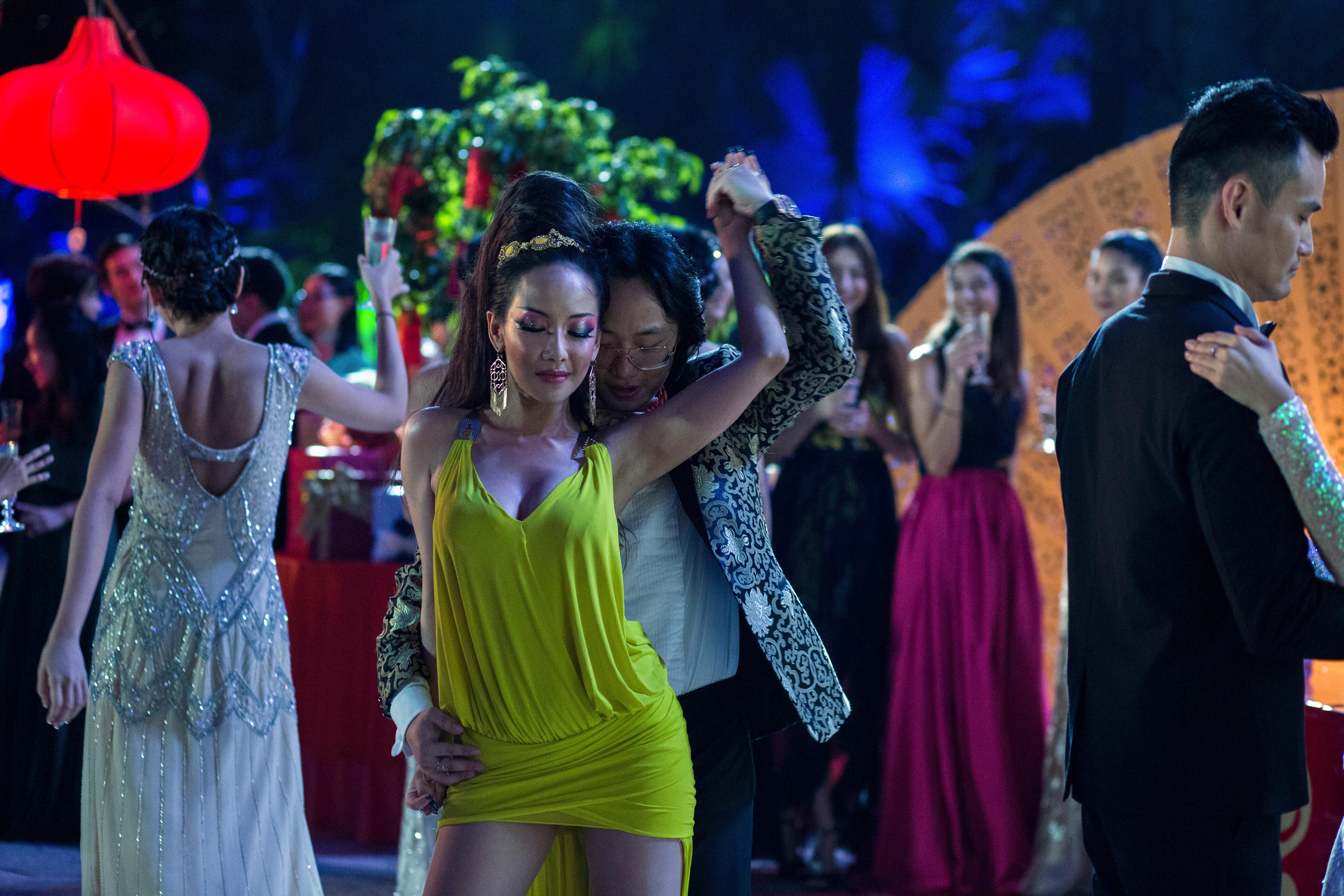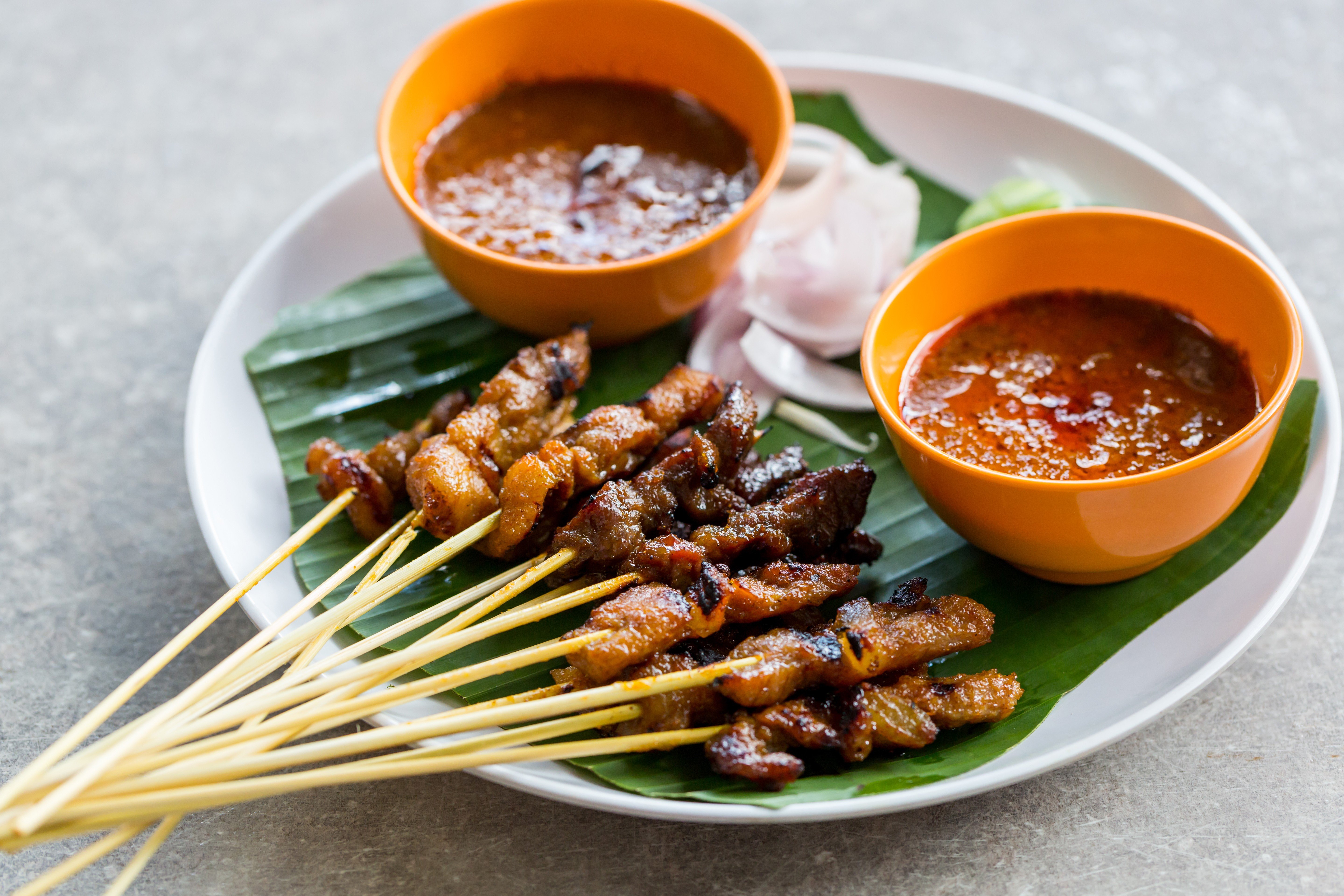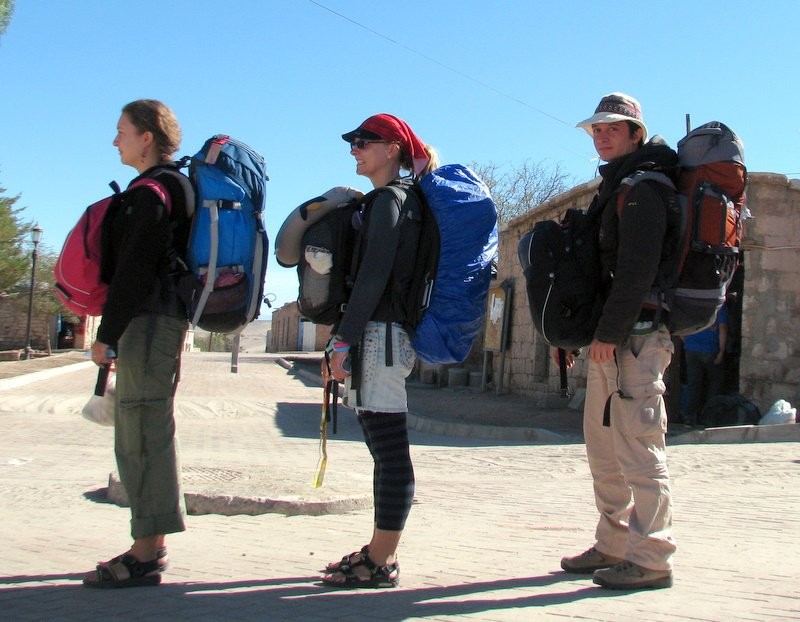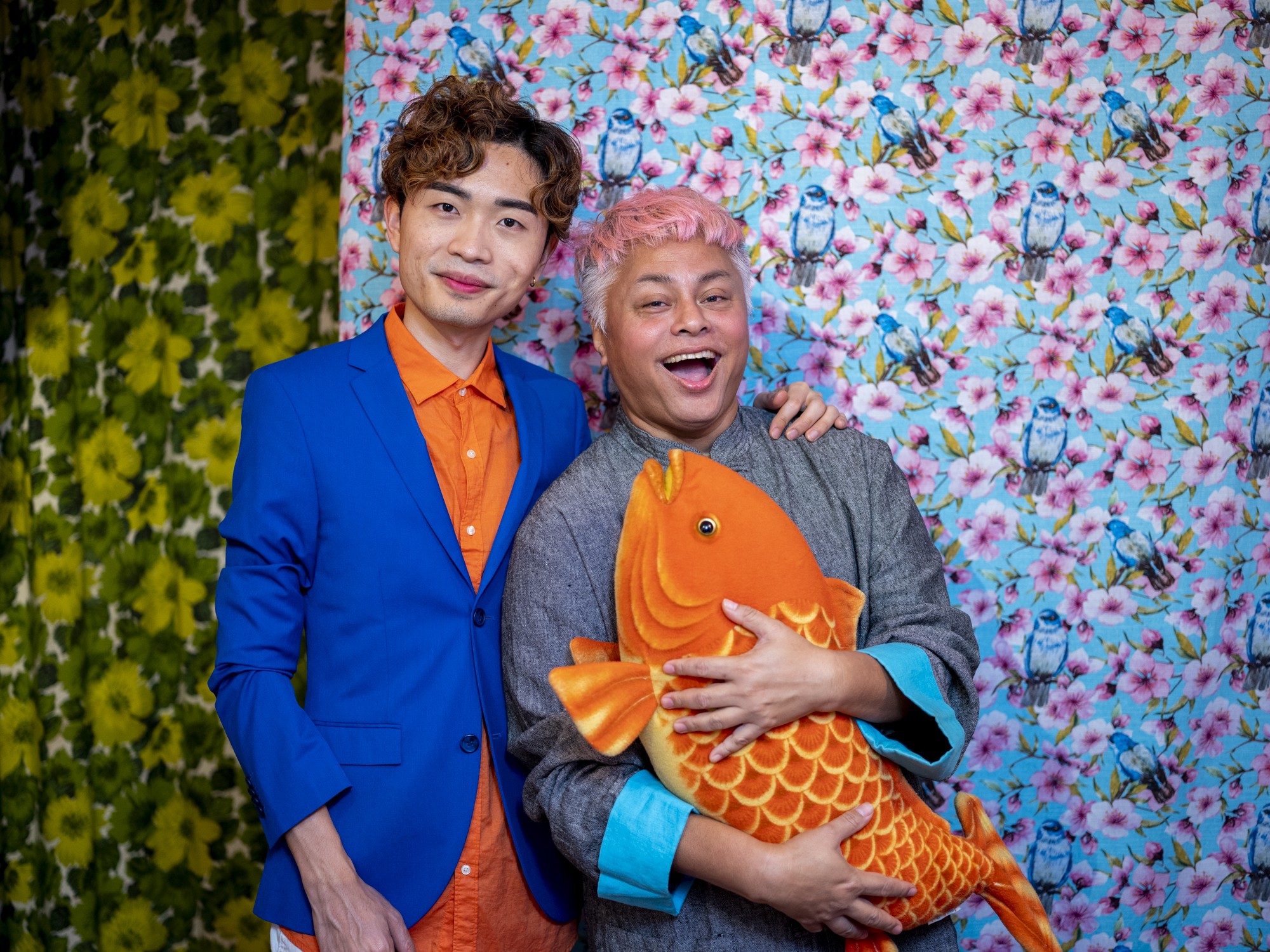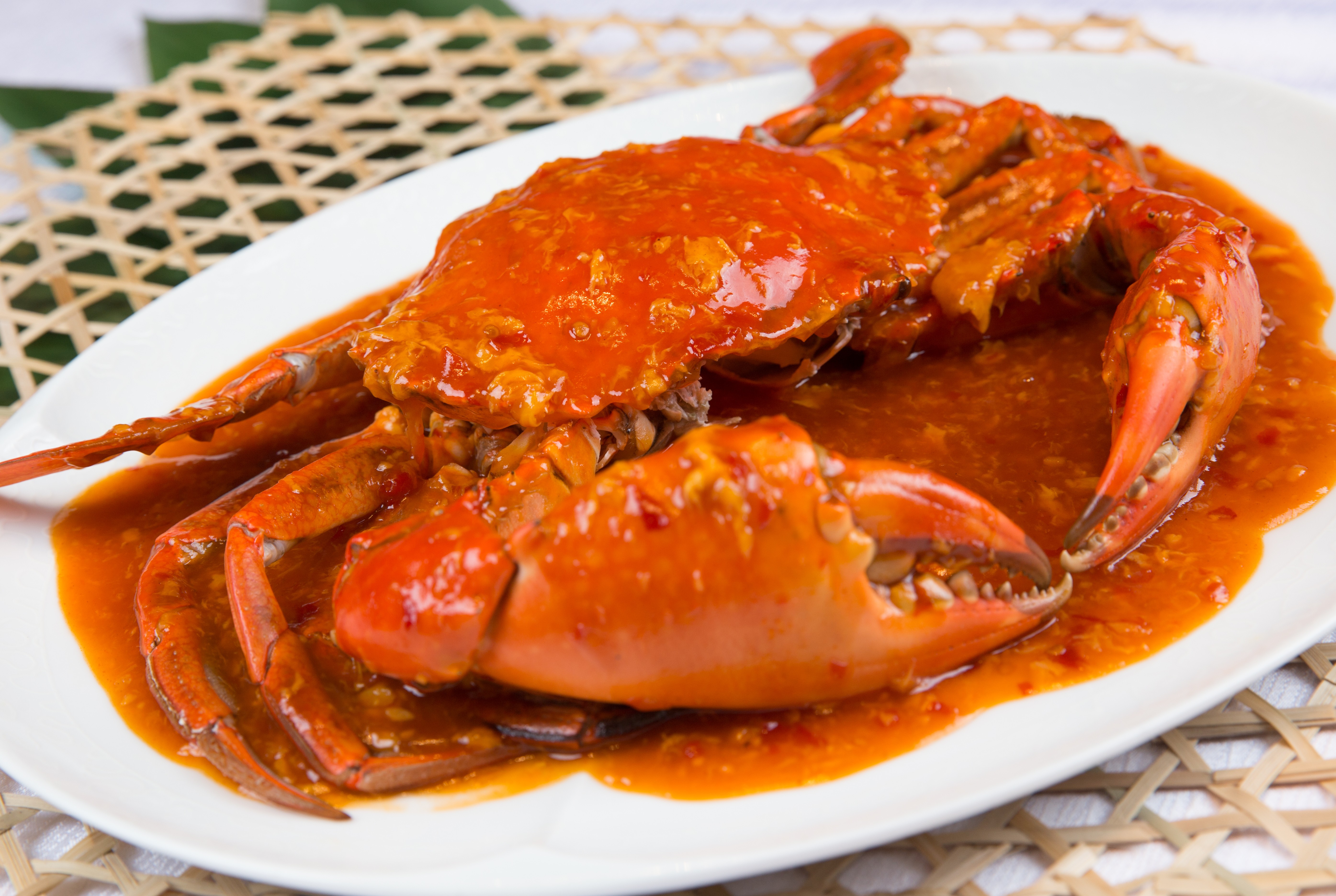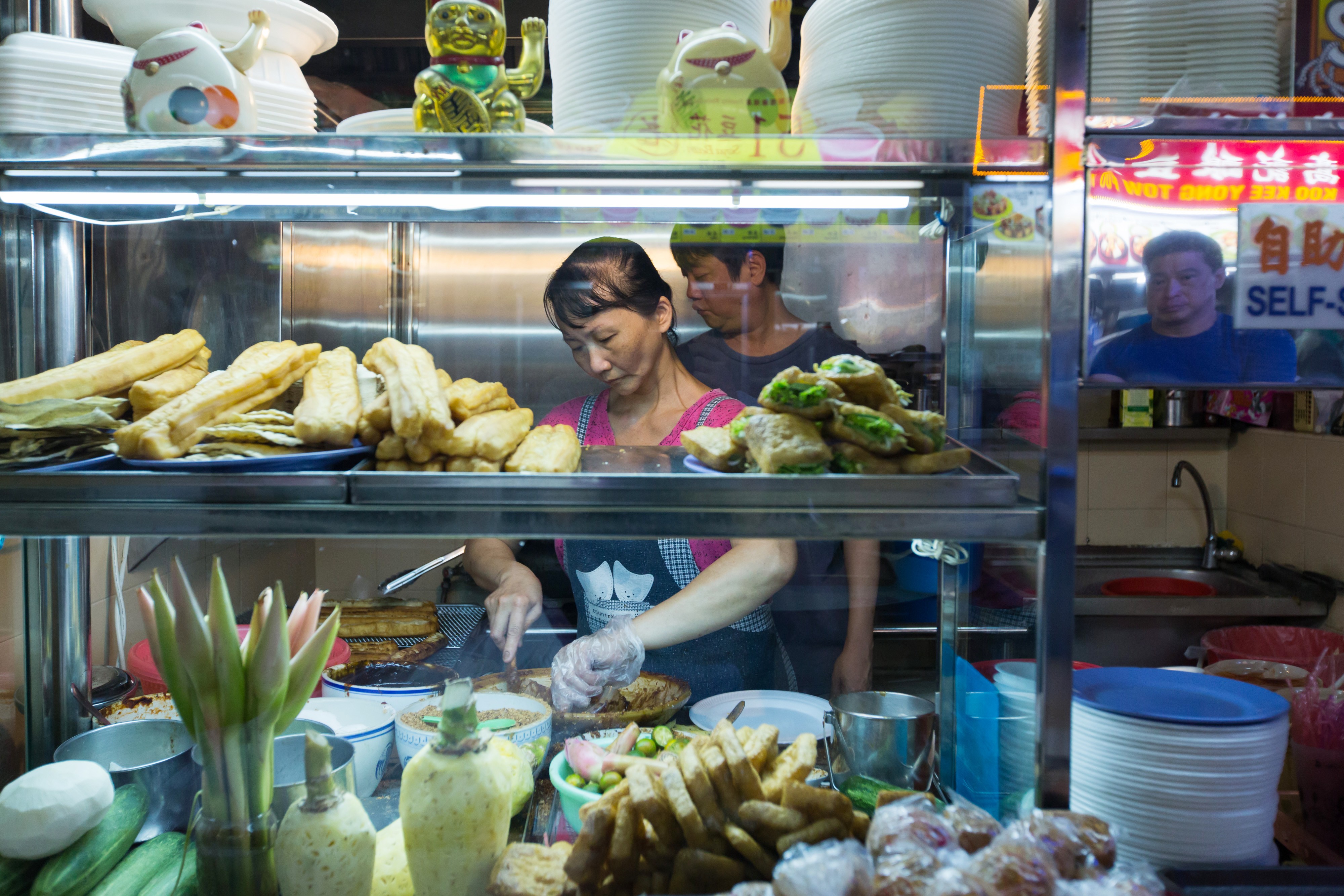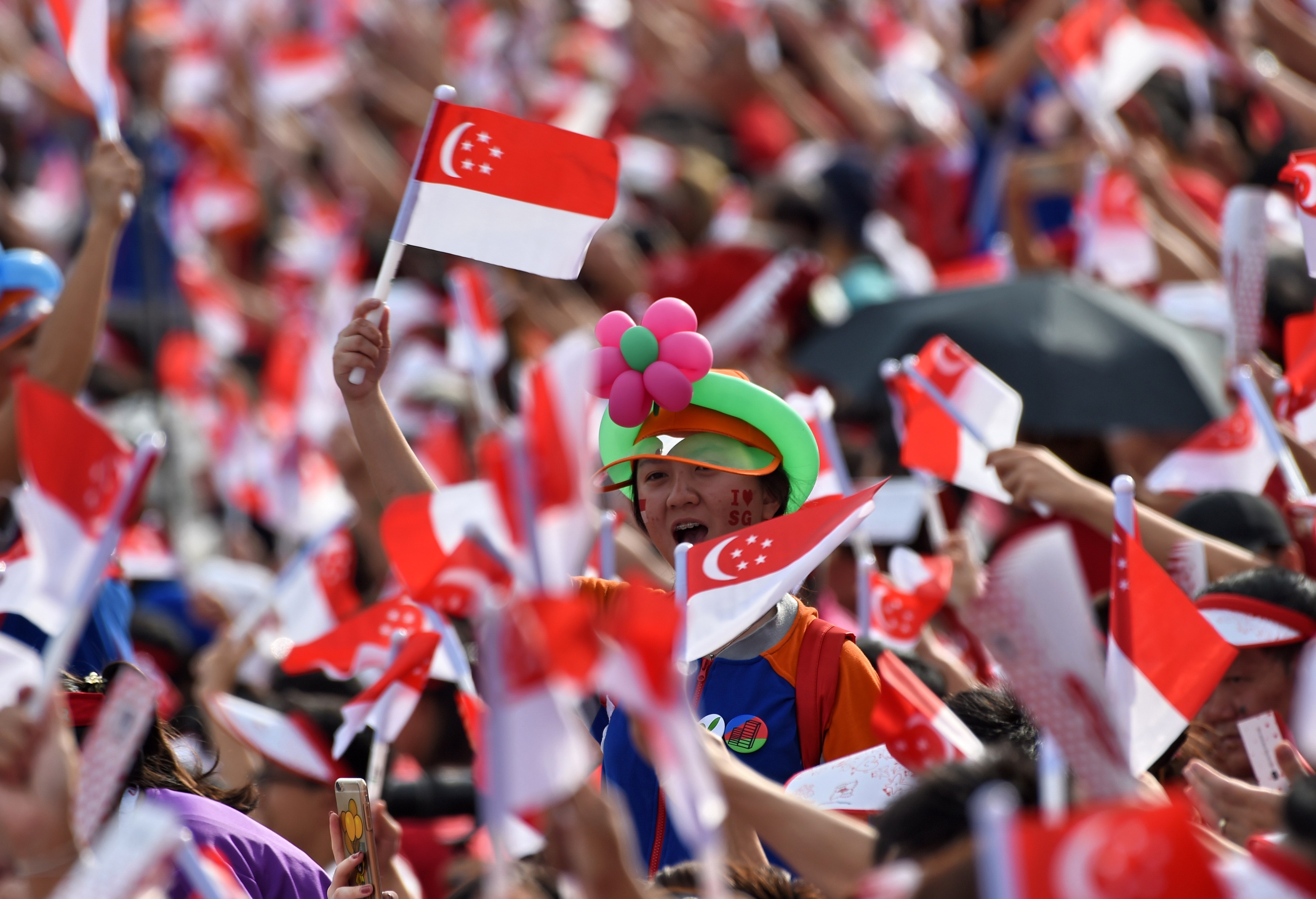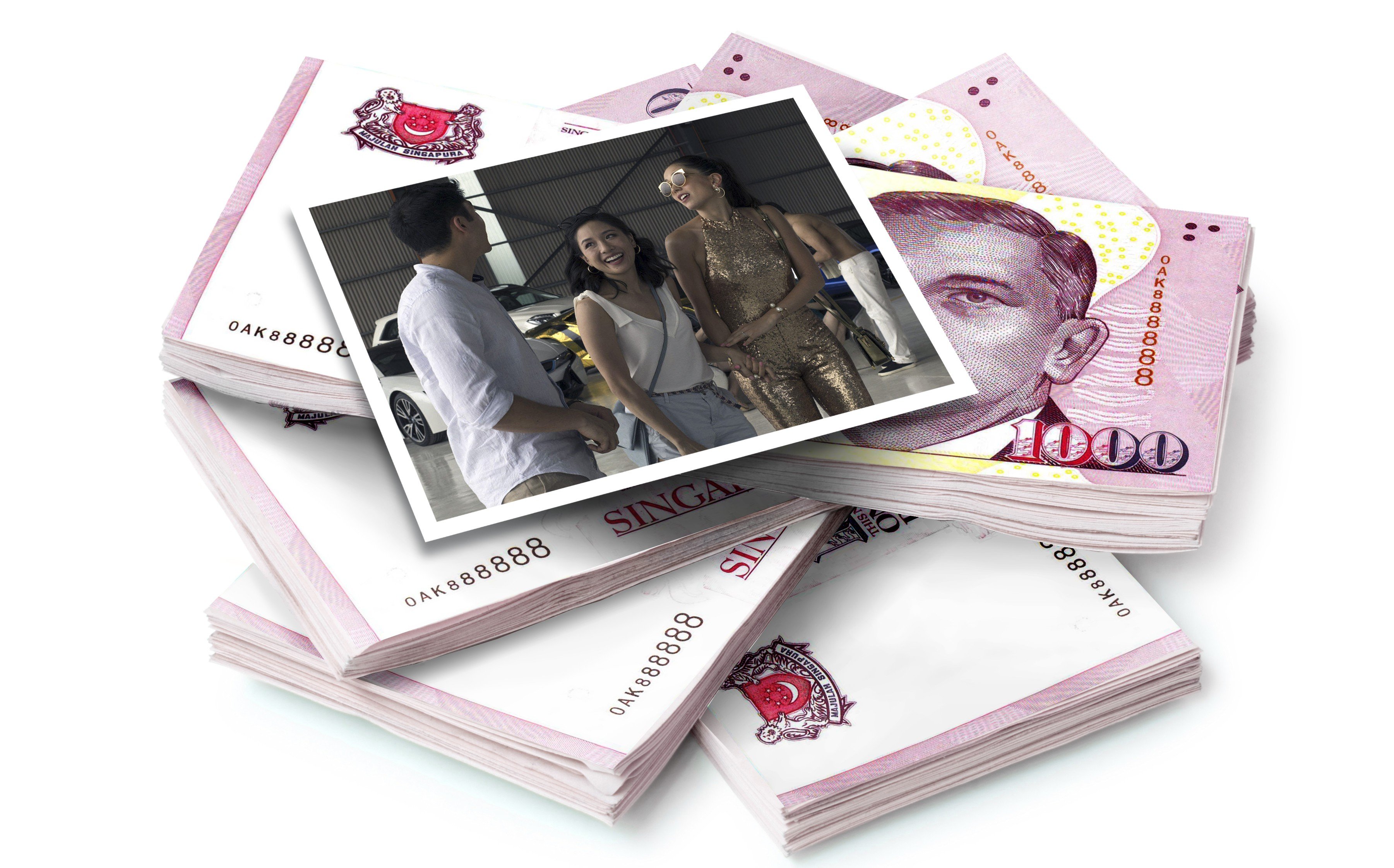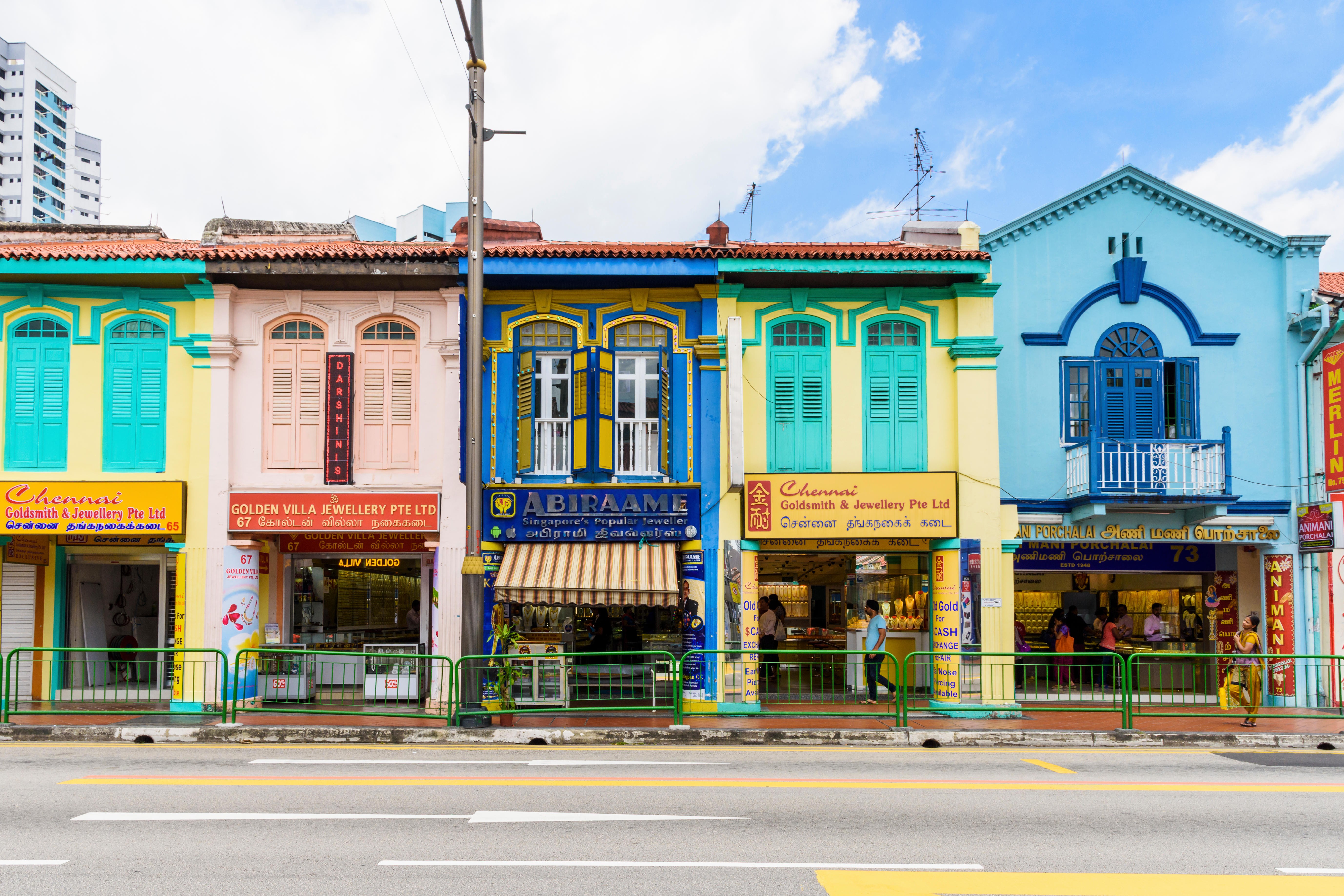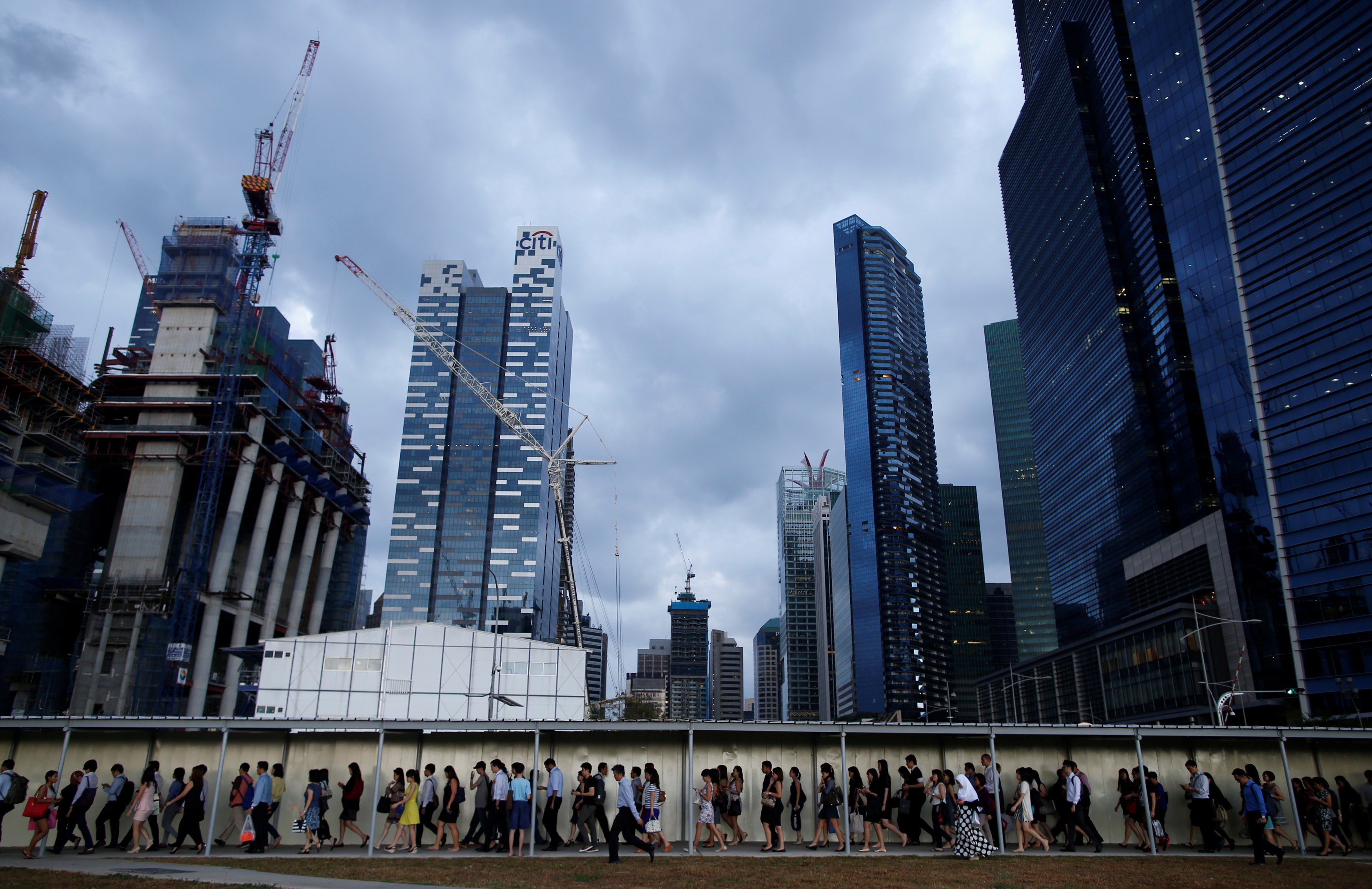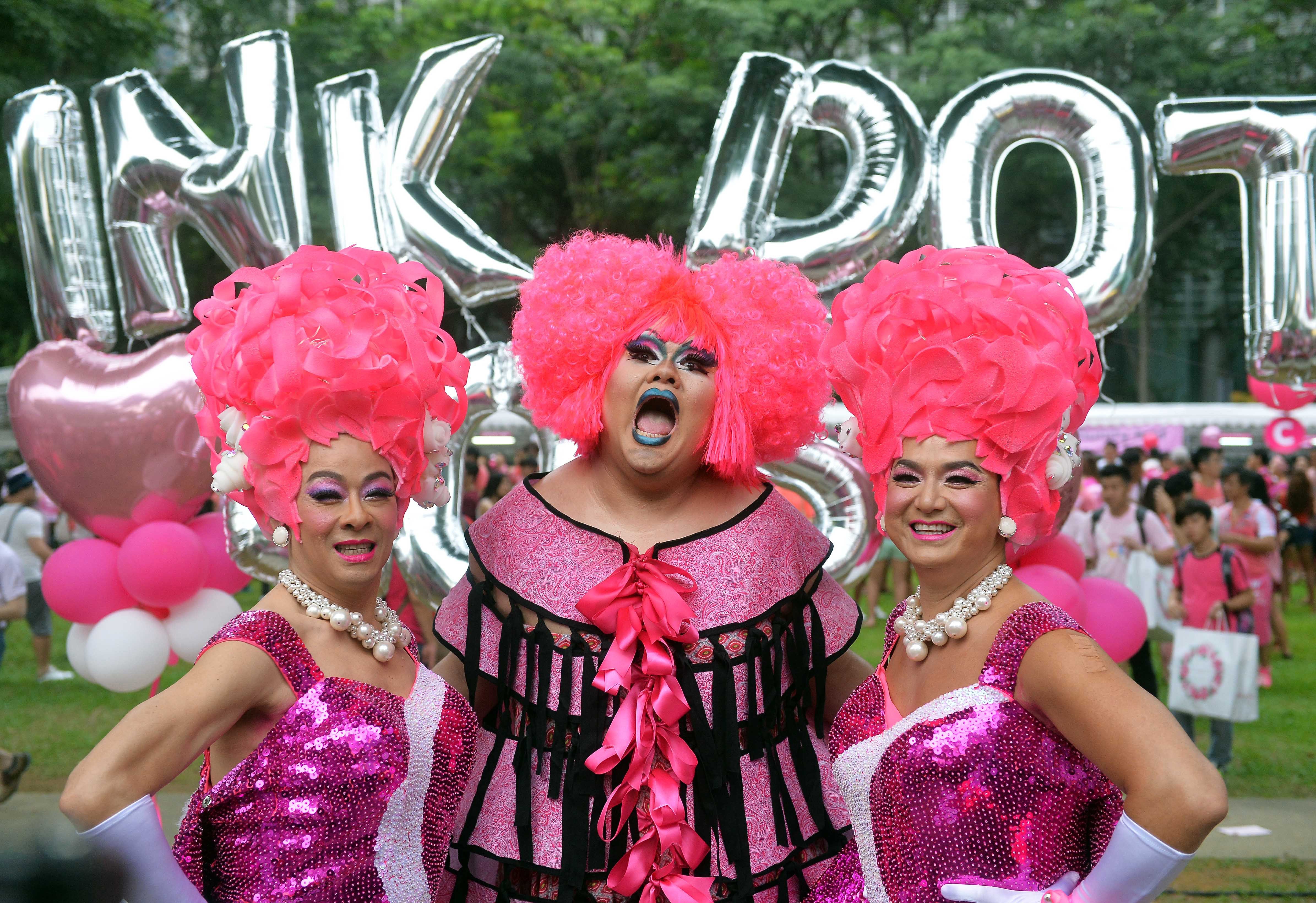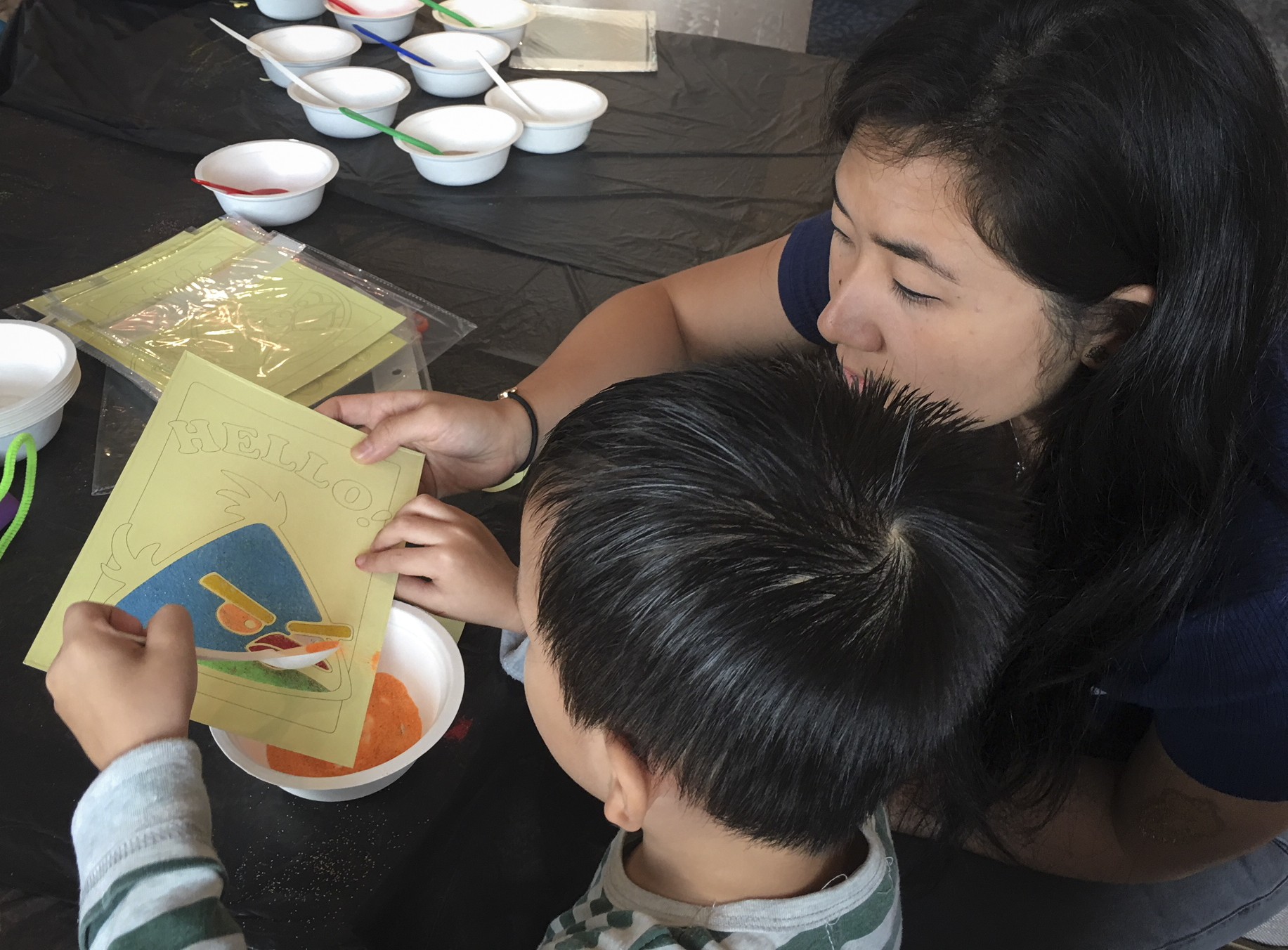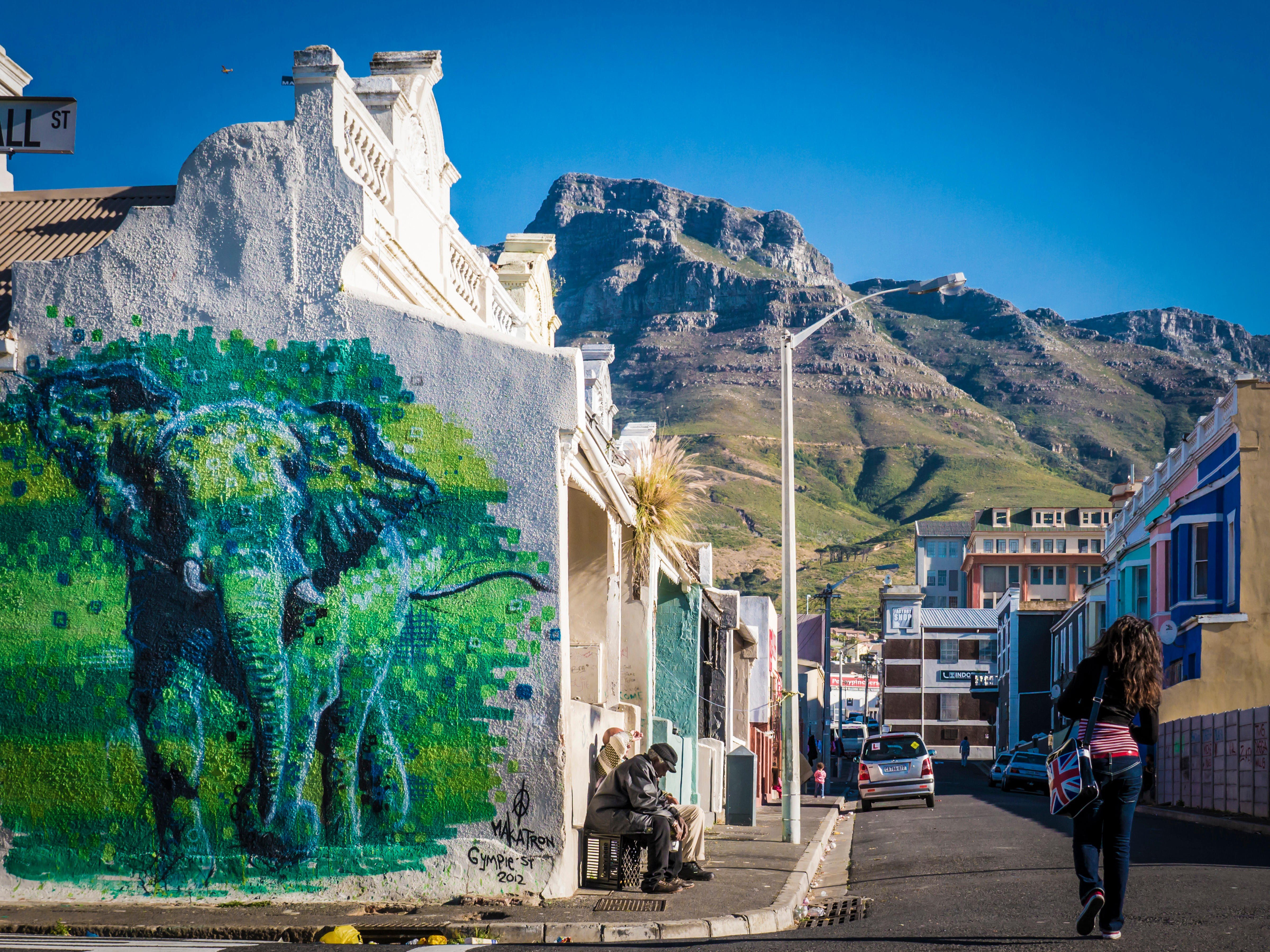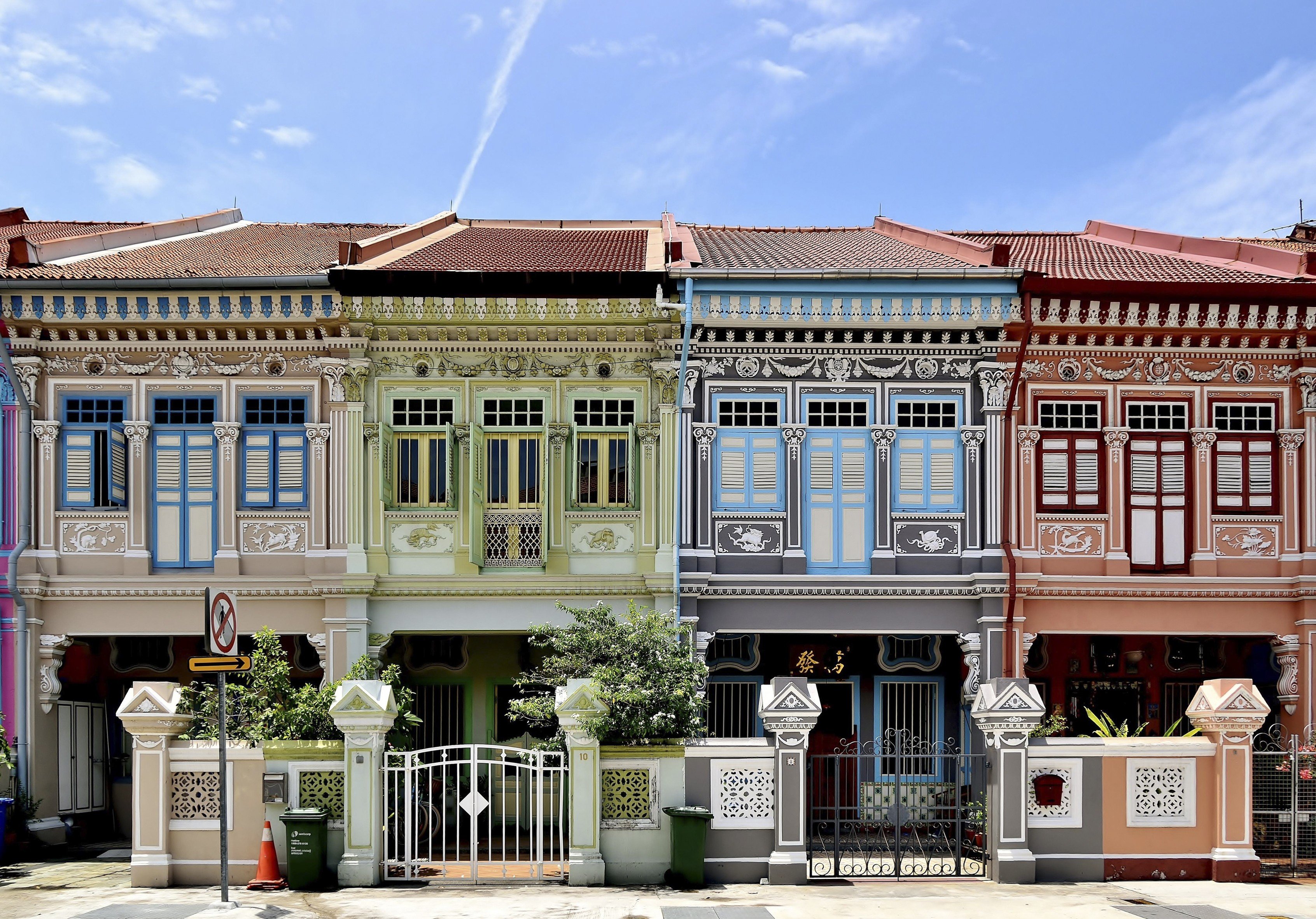
After the Singapore government’s disastrous attempt to use Instagram influencers to promote the national budget to the young, other marketers in the Lion City are learning from their mistakes and looking for credible influencers.
Events that mix food and culture have become popular in Singapore – think jazz and coffee from Ethiopia, a culinary odyssey along the Spice Route – while the World Food Travel Association predicts growth in tours that offer dining in locals’ homes.
After the recent success of Crazy Rich Asians, Hollywood and TV producers have been looking more closely at shooting in the Lion City. With the Asian HQs of Netflix, HBO and Lucasfilm all in Singapore, ‘the needle has moved’, a consultant says
Singaporean food is not served at any of the restaurants that make up the top 100 of this year’s World’s Best Restaurants list. We talk to the chefs looking to redefine Singaporean food and bring it to an international audience.
From the way we travel to managing a business, it’s not just our homes that could benefit from decluttering. Here are six people who have reduced the digital and mental clutter’ in their lives.
Ahead of next month’s annual Singapore Cocktail Festival, we take a look at the bars turning Singapore into Asia’s cocktail capital.
We talk to seven of the city state’s private kitchen chefs who are relishing the opportunity to let their creativity run free, get to know their diners better and tell the stories behind what they serve.
Migrant workers are an essential part of Singapore’s workforce but don’t have a voice. Organiser of festival hopes it will educate Singaporeans about migrants, a million of whom toil there, and inspire compassion in them.
The city state has been chosen to host the World’s 50 Best Restaurants in 2019, over other culinary capitals like Hong Kong, Bangkok or Tokyo. It’s the first time the event will be hosted in Asia.
Hawker food centres unify country’s diverse threads, express its multiculturalism, and may even be an art form, so they deserve Unesco cultural heritage status, Singaporeans say.
Singapore National Day is today. We ask Singaporeans about the characteristics that set them apart from other nationalities and, with its identity still evolving, what the city state will be like in another 50 years.
This month sees the release of the much-anticipated Crazy Rich Asians film, but how close is it to real life? We talk to Singapore’s high rollers and the people that deal with them to find out what really gets them going.
The Lion City is known for its traditional ethnic neighbourhoods such as Little India, Chinatown and Kampong Glam. It plans to renew these areas while retaining what makes them special, and gentrification is not on the cards.
The fourth industrial revolution means employees need to master new digital skills to remain relevant, and industry leaders in the Lion City recognise that workers and employers need to change their mindset
A global survey ranked the city state well behind Hong Kong and Tokyo on the scale of exciting places to live, but Singaporeans and foreign residents say it offers more than shopping and food, with a thriving cultural scene and growing tolerance of alternative lifestyles
A global survey rated Singapore the world’s third happiest country. Not everyone agreed. We asked Singaporeans how accurate that ranking is, and how such a wealthy, highly developed country should measure happiness
It’s often said Singaporeans have five priorities – cash, car, credit card, condominium and country club membership – but perhaps it’s time to add one more: caring. There’s been a surge in volunteering for good causes recently
Run-down urban areas, once blighted by crime and drugs, are transformed into trendy areas, full of artists’ enclaves, boutique hotels, bars and restaurants. These seven cities have been rebranded by developers
The Lion City has managed to modernise its old neighbourhoods, while still retaining their traditional charm and character. We look at seven areas that have undergone development without losing their identity


